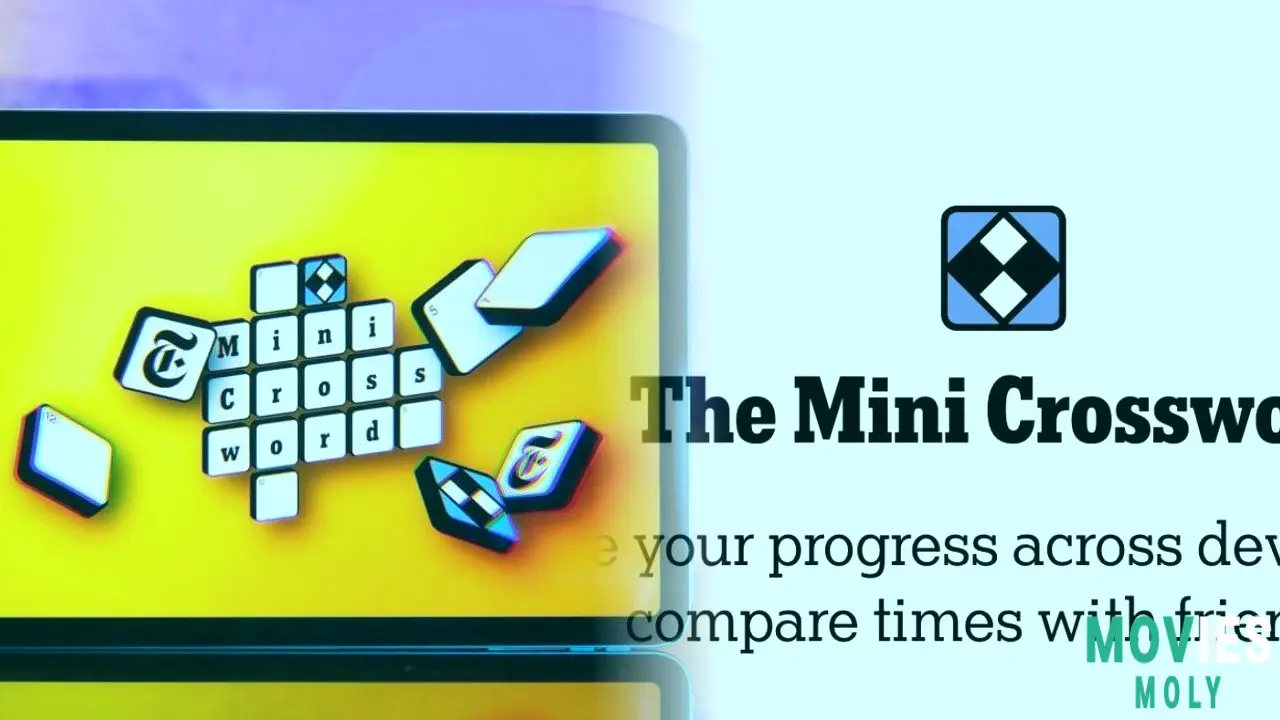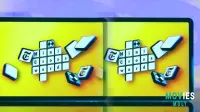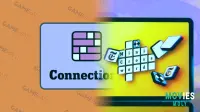If you're like me, you probably stop by the New York Times Mini Crossword every day. This little puzzle is a smaller version of the newspaper's famous daily crossword. The big crossword is a protracted process that requires both knowledge and a lot of patience. The Mini, on the other hand, is a whole different atmosphere. The game is designed to be quick. You want to test how fast you can fill in the few clues. You often have to beat yourself.
It can be incredibly unpleasant when a hard clue comes up and stops your flow. It's normal to feel trapped when playing the Mini, just like when playing Wordle or Connections. You're not the only one who feels that way. These puzzles may look easy, but they can have some creative wordplay or answers that surprise you and throw you off. I know I've looked at a 5x5 grid for too long trying to figure out one word that won't come to me.
One hint that gained a lot of attention recently was "Rook to a chess newbie." This one can truly make you stop. If you don't play chess very often or are just starting out, a "rook" is just a piece on the board. You might not see how it fits with the answer the puzzle needs right away. It makes you think of more than just the obvious meaning. This kind of clue is a great example of how the Mini Crossword keeps us on our toes every day. It makes you look at words and concepts in a different way.
How "Rook to a Chess Newbie" Plays Its Smart GameWhy This Particular Puzzle Clue Is So Good at Making Us Think and Get Stuck
The clue "Rook to a chess newbie" is smart since it uses a common manner that people learn. When you learn something new, you often do so by comparing it to something you already know. A rook is more than just a piece for someone who is new to chess. It is a specific type of component. It moves like a tower. For someone who doesn't know what a rook is, it's a castle. This is because the rook piece on a chessboard appears like a tower on a castle. It is a link that you can see. It's an easy way for beginners to remember what the piece is and how it moves. This kind of indication depends on that basic visual link. It's not about how the rook moves or what it does in the game. It's about how it looks and how a new player might grasp it at first.
This hint points to something that is often true in crossword puzzles. They often want you to think about words in a normal way or from a certain point of view. Not always is the most formal definition the best one. It can be about how people usually talk about or see something. This is why the signals that seem the easiest can sometimes be the hardest to figure out. You think about it too much. You hunt for something excessively complicated when the answer is very clear. I do this all the time. When the puzzle only needed something simple, I wrote down a hard term.
That "aha!" moment is what makes decoding these riddles so much fun. It seems like a tiny victory when you eventually figure out that "rook" means "castle." This is a moment of clarity. It makes the fight worth it. These small wins are what make us come back to the Mini Crossword every day. It's a brief mental workout that rewards you for thinking beyond the box.
The Daily Challenge of the NYT Mini Crossword: Why We Keep Coming Back for More
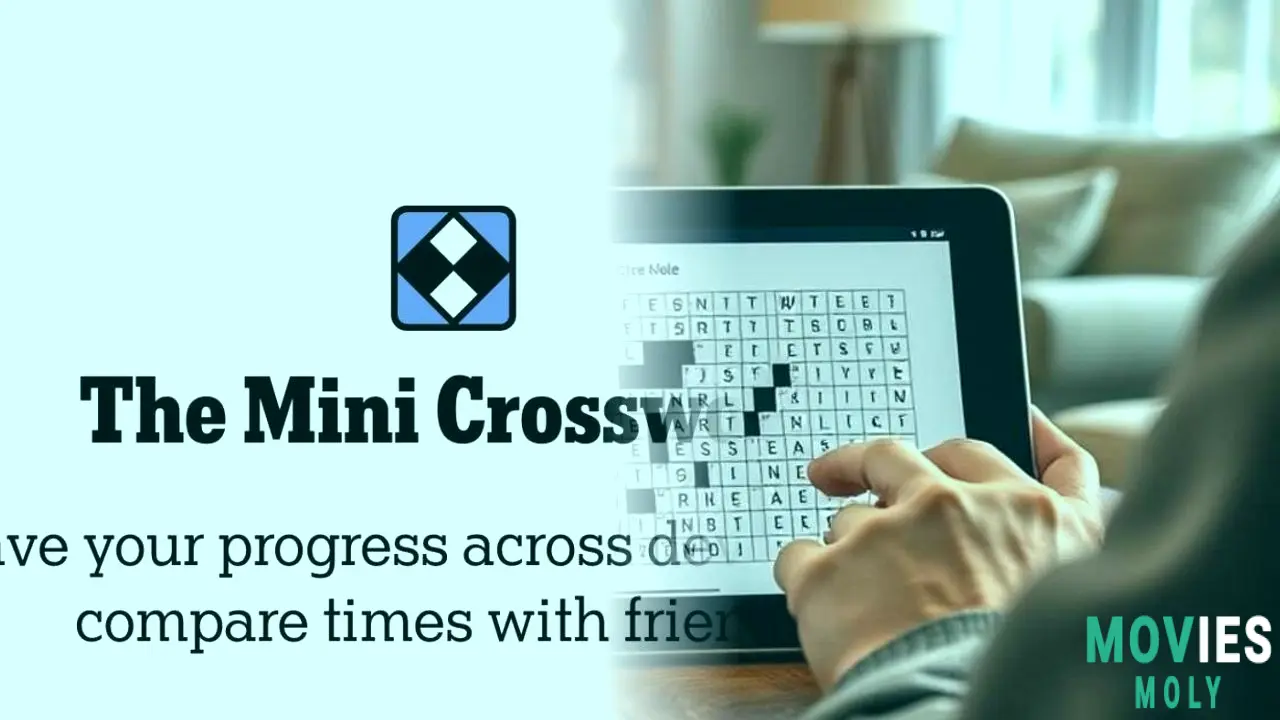
From Speed-Solving to The Frustration Of Getting Stuck on a Clue That Seems Easy
The Nyt Mini Crossword is little, but it delivers a punch. Most of the time, there are only a few clues to answer. This implies that a lot of individuals that play it end up playing it quickly. You want to see how quickly you can finish the grid. This fast pace makes it fun. Every day, it's a great method to see how quickly you can think. But this speed also implies that one unclear clue can throw off your timing. One hard word can make your time go up, which can be really annoying.
I know how annoying that is. You're going through the puzzle rather quickly. You become stuck when you see a clue like "Rook to a chess newbie." All of a sudden, your fast time is gone. You begin to doubt yourself. You think about if you know anything at all. But that's part of what makes it charming. The Mini Crossword does an excellent job at mixing both easy and hard clues. This diversity keeps it interesting. It gives you a new small challenge every day.
You may play the puzzle for free on the New York Times website or in the NYT Games app. Many people do this every day because it's so easy to get to. You don't need a special membership to play the puzzle of the day. You do need a subscription, though, if you want to go back and try prior riddles. You will have to pay if you missed a day or just want additional riddles. The daily fresh challenge is enough for a lot of people. They look forward to it each morning.
More than just chess pieces: other kinds of clues that make the NYT Mini Crossword fun
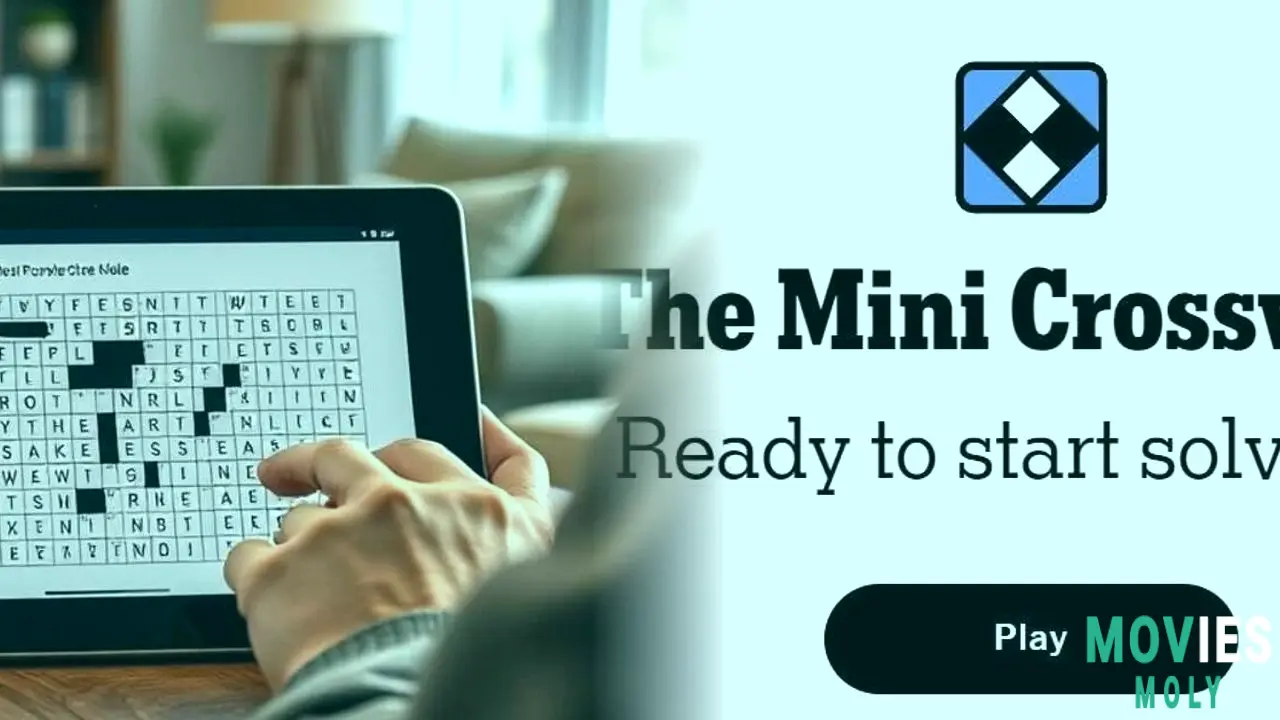
Looking at other options The people who write the puzzles keep us interested and guessing.
There are several distinct kinds of clues in the NYT Mini Crossword. Some are quite straightforward. They just want to know something. Some are more fun. They may use a joke or a saying that everyone knows. This blend keeps the puzzle exciting and new. It's not enough to just know words. It has to do with knowing how to utilize words in diverse ways. For instance, a clue can talk about a brand name in a way that surprises you. Or it can ask for an abbreviation that is highly frequent but hard to remember when you're under pressure.
The hints are sometimes about things in pop culture. This could be the name of a famous person or a TV show. This means that you could get stranded if you don't know what's going on. But it also means that knowing the solution feels much better. It strikes a wonderful balance. It makes the puzzle seem up-to-date. I learn something new or two when I play the Mini Crossword. Every day, there is a little lesson to learn.
The way the puzzle is set up also makes it harder. A 5x5 grid is small. This means that every letter you acquire helps with more than one word. If you can guess one word, it usually helps you guess additional words. Once you have a few answers, this might make the puzzle feel like it opens up very rapidly. But it also means that if you misspell one letter, it might screw up a lot more words. Even if you're attempting to get things done quickly, this means you should double-check your replies.
In the end, many people look forward to the NYT Mini Crossword every day. It's a little bit of brain exercise. It's a short game that can be fun to finish. It's still a pleasant way to start your day, even when it throws you a curveball like "Rook to a chess newbie." Or to take a little rest. It reminds us that the simplest inquiries can yield the most surprising answers. And that's why we keep going back for more.

